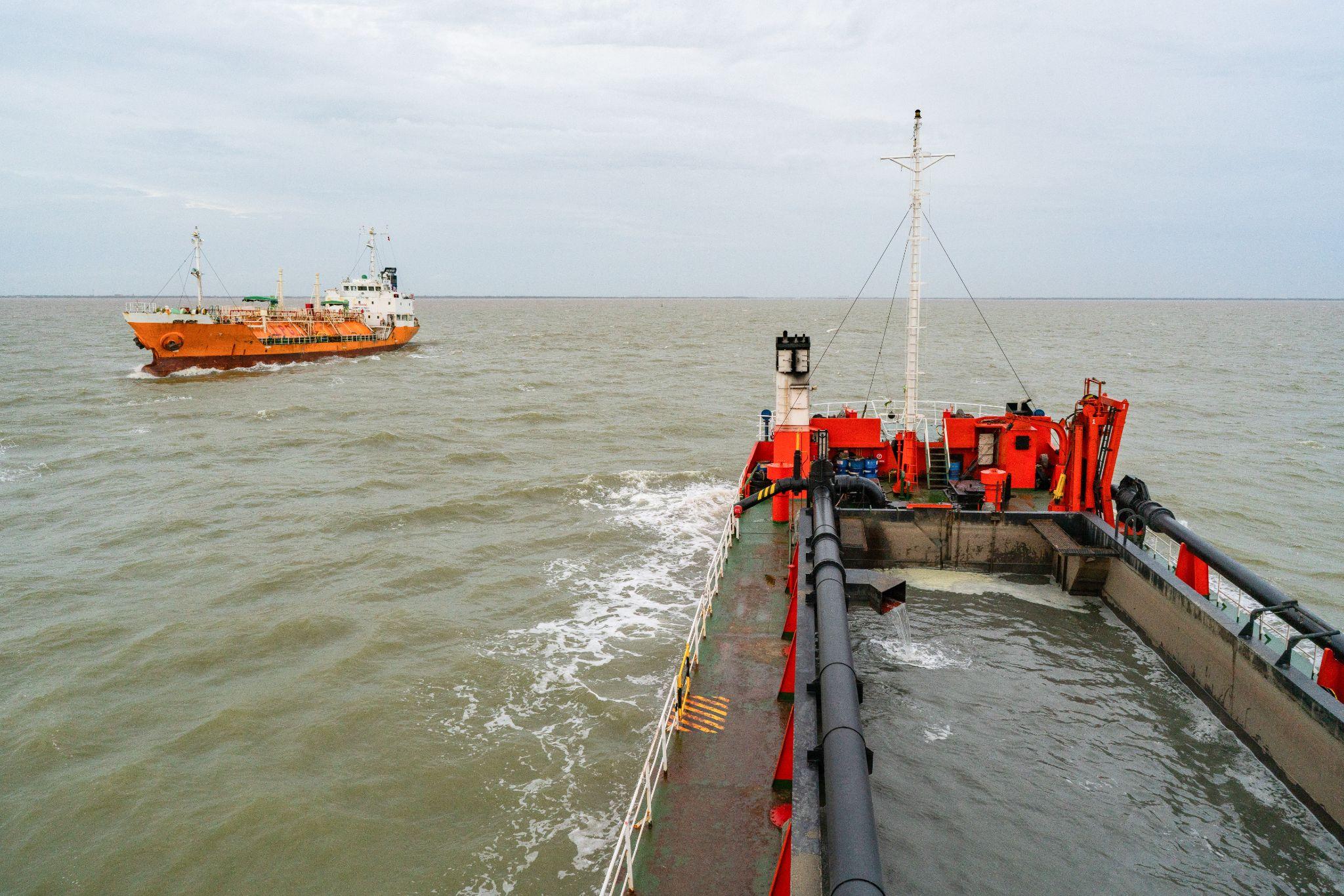
Blog
What Dredge Workers Should Know About the Jones Act
Posted in Jones Act
Dredge workers are essential to the maritime industry, keeping waterways navigable and shipping lanes open. Prior to 2005, it was unclear if maritime workers on dredging platforms were protected by the Jones Act and able to file lawsuits if negligence contributed to their injuries or a family member’s death. The law is now clear that dredges can be considered Jones Act vessels, and dredge workers may receive Jones Act workers’ compensation.
An Overview of the Jones Act
The Jones Act is a federal maritime law that requires ocean cargo shipments between U.S. ports be carried by ships on the Jones Act vessel list. It also gives additional protections to maritime workers that go beyond basic maintenance and cure benefits if they are injured in service to a vessel.
The Jones Act specifically allows injured seamen to file a lawsuit for additional compensation if the shipowner was negligent by allowing the injury to occur. The burden of proof in a Jones Act case may be much lower than that of other personal injury cases, as the duty of maritime employers is clear. If negligence played a role in causing the injury, full compensation may be awarded to injured workers and their families..
Is A Dredge Considered a Vessel Under the Jones Act?
The language of the Jones Act differentiates between “seamen” who work in service to a “vessel in navigation” and “longshoremen” who work on docks and shipyards. This left dredge workers in a gray area until the Supreme Court made a decision in 2005 that defines dredges as vessels under the Jones Act.1 This, in turn, includes dredge workers in the legal category of “seamen.”
This landmark case determines that a dredge is a means of transportation over water and, therefore, must be considered a vessel. Under the Jones Act, dredge workers are allowed the same protections as other workers on cargo ships, fishing vessels, and oil drilling platforms.
How Does the Jones Act Affect Injured Dredge Workers?
Before dredge workers were considered in service to a vessel, their only path to compensation for injuries was under the Longshoremen and Harbor Workers’ Compensation Act (LHWCA). In contrast to the LHWCA, the Jones Act offers these advantages:
- A more easily met burden of proof in claims of negligence by the shipowner or employer
- The ability to file legal actions based on a vessel being unseaworthy
- The implied right to maintenance and cure, even when negligence is not a factor
- The right to a jury trial, which is rare under maritime law
Dredging Up the Best Legal Options for You and Your Family
Dredge workers face the same risks as other maritime workers and additional risks unique to dredging equipment. Working with an experienced Jones Act attorney if you are injured while working on a dredging platform will help you identify the best legal options to fully protect your health and your family’s financial future.
Contact Maintenance and Cure maritime lawyers as soon as possible after an injury to secure sound legal advice and representation through this difficult time. A free consultation and case evaluation is waiting to help you make informed decisions and reach the best possible outcome after your dredge-related injury.
Source:














